Whistle while you work: why the sheepdog still owns the fields and hills of Britain
Sheepdog trials are mesmerising to watch, with one man and his dog speaking a language all of their own, but sheep welfare remains the ultimate goal.

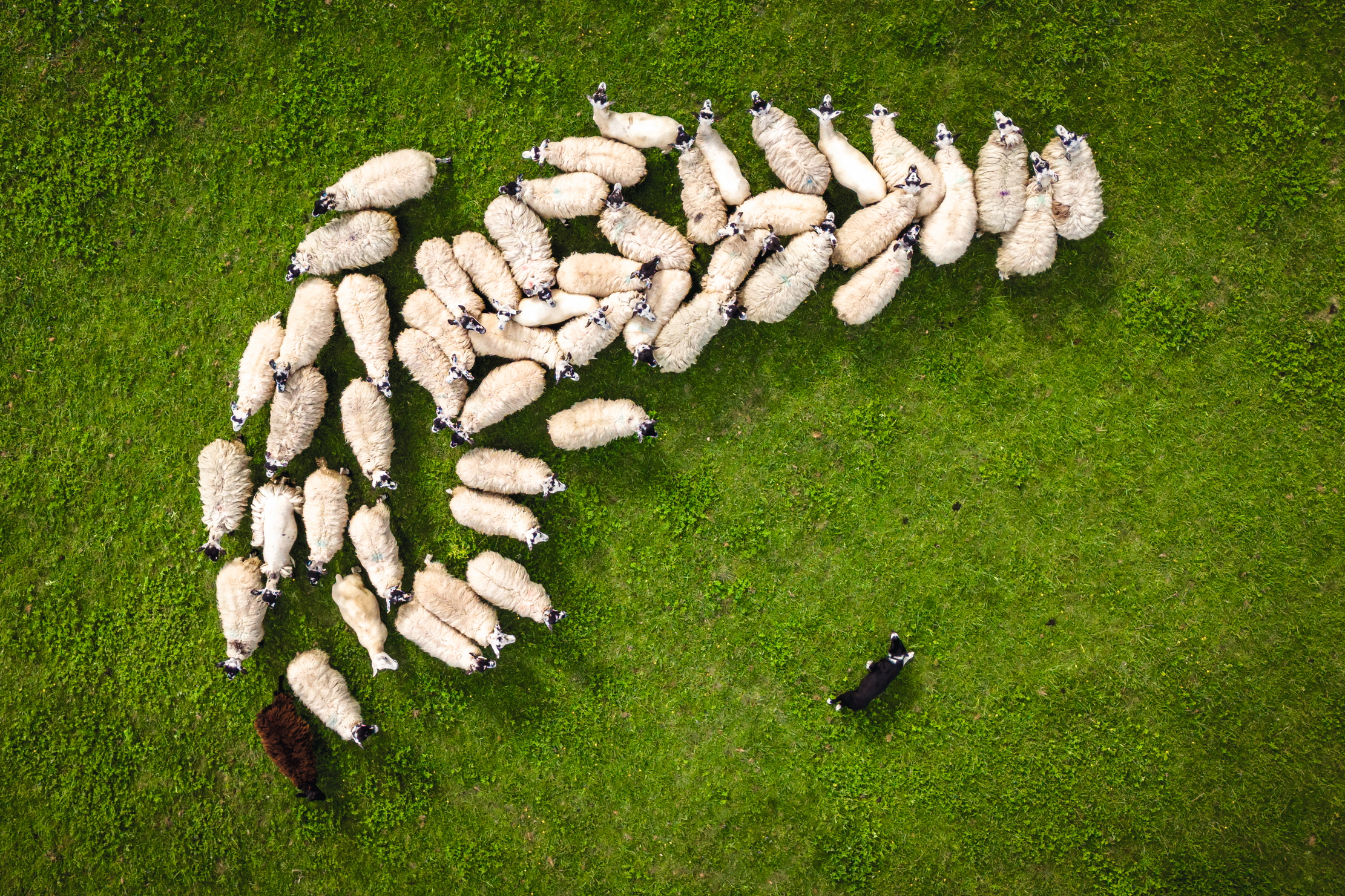
A small, brown dot appears in view down on the far side of the valley, moving swiftly up the hill away from us behind a flock of sheep. At a long blast on the whistle from shepherd Mark Banham, standing next to me, the dot stops abruptly and drops to the ground, before two short whistles cause it to arc around to the left of the sheep, changing their course. The dot is, in fact, seven-year-old brown-and-white collie Taff and Mr Banham is patiently talking me through each instruction as he gives it on the whistle: ‘lie down’; ‘steady’; ‘left’; ‘small left’; ‘wide left’; and so on.
Even if I was fully concentrating on the commands, I’d be struggling to keep up — there are so many variations given in such quick succession that it’s near impossible to remember which is which. However, in all honesty, I’m too mesmerised by the swift, nimble movement of Taff in the far distance to be taking it in. There’s certainly no confusion or hesitation on his part: at each whistle, he knows exactly what to do. Shepherd and sheepdog are speaking a language all of their very own — and it’s breathtaking to witness.
‘It’s second nature, I don’t have to think about it,’ Mr Banham tells me later, once we’ve found refuge from the rain in his house on Shabden Park Farm in the North Downs of Surrey. ‘You can put any whistle you like to the verbal commands — I imitate bird calls — and, as I work more than one dog at the same time, they have different sets of whistles. The hardest thing is making sure a dog doesn’t learn another’s set of whistles in their early training, when they’re out together.’
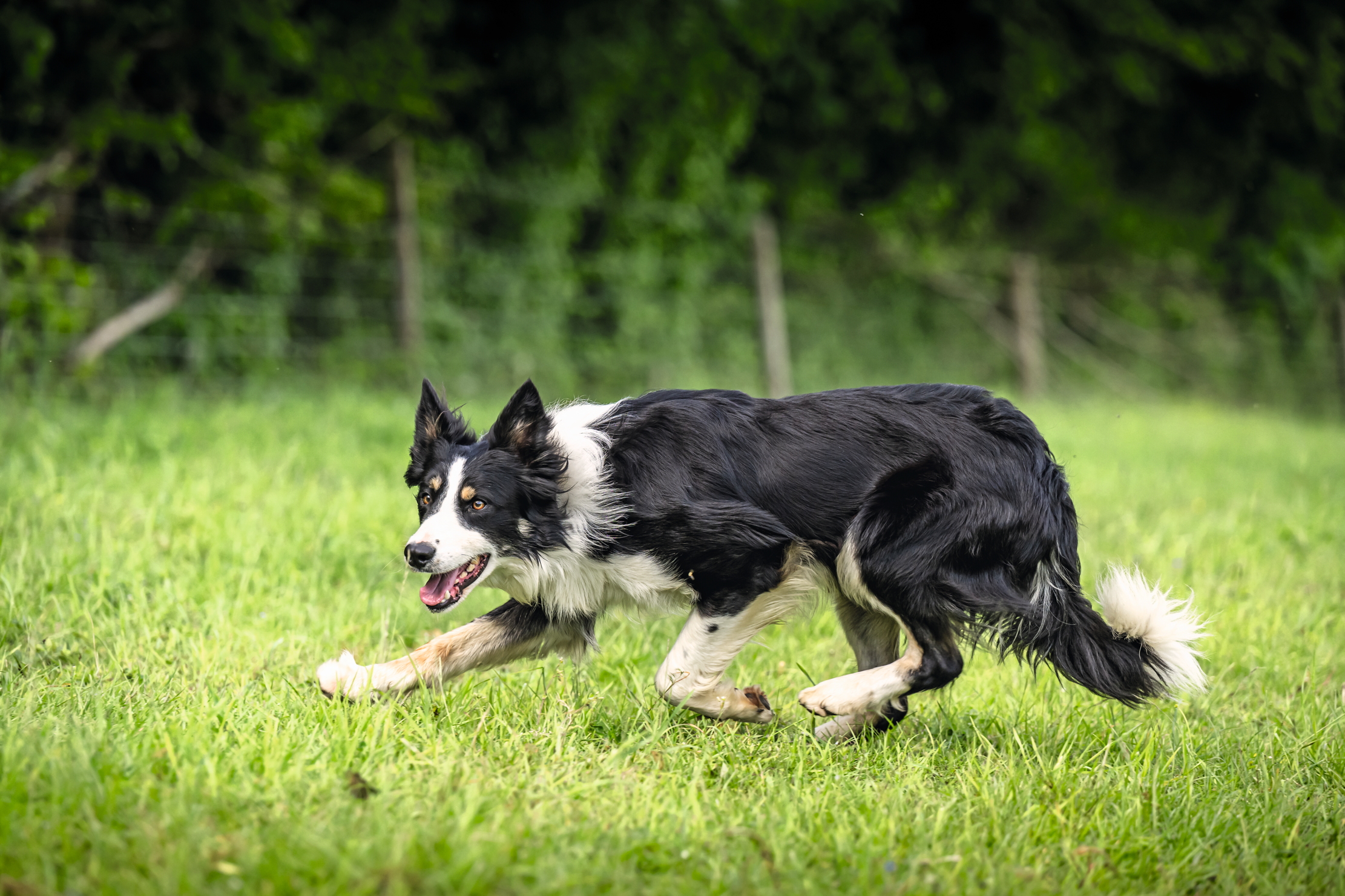
A renowned sheepdog trainer and judge, Mr Banham has 11 working collies on the farm and is fiercely passionate about what they do and the important role sheepdog trials play in protecting that work. ‘The fundamental reason we have trials is to make sure that we’re improving the working sheepdog for the welfare of the sheep — that’s what it’s all about,’ he states, having handled sheep for more than 50 years.
‘We’re selecting the best dogs, showing their abilities and learning from each other as handlers. The tasks in the trials reflect our everyday work — it’s not only about what the dog is doing, you’re reading the sheep, too. It’s great fun and it’s beautiful to watch — working these dogs gives me so much pleasure.’
Stemming from conversations between shepherds about whose dog was best, the first recorded sheepdog trials took place in Bala, North Wales, in 1873 and the International Sheep Dog Society (ISDS) was formed in 1906, with the intention of preserving and improving the sheepdog to secure better management of livestock. The trials consequently became an annual event.
To this day, shepherds and their dogs compete at national trials each summer in England, Ireland, Scotland and Wales in the hope of representing their country at the society’s International Trial, at which the Supreme Championship individual title is awarded. If that weren’t enough to satisfy the shepherd’s competitive streak, the World Sheepdog Trials take place every three years, inviting handlers from all over the globe. The friendly rivalry and camaraderie that prompted the first ever trial still exists within the community today.
Exquisite houses, the beauty of Nature, and how to get the most from your life, straight to your inbox.
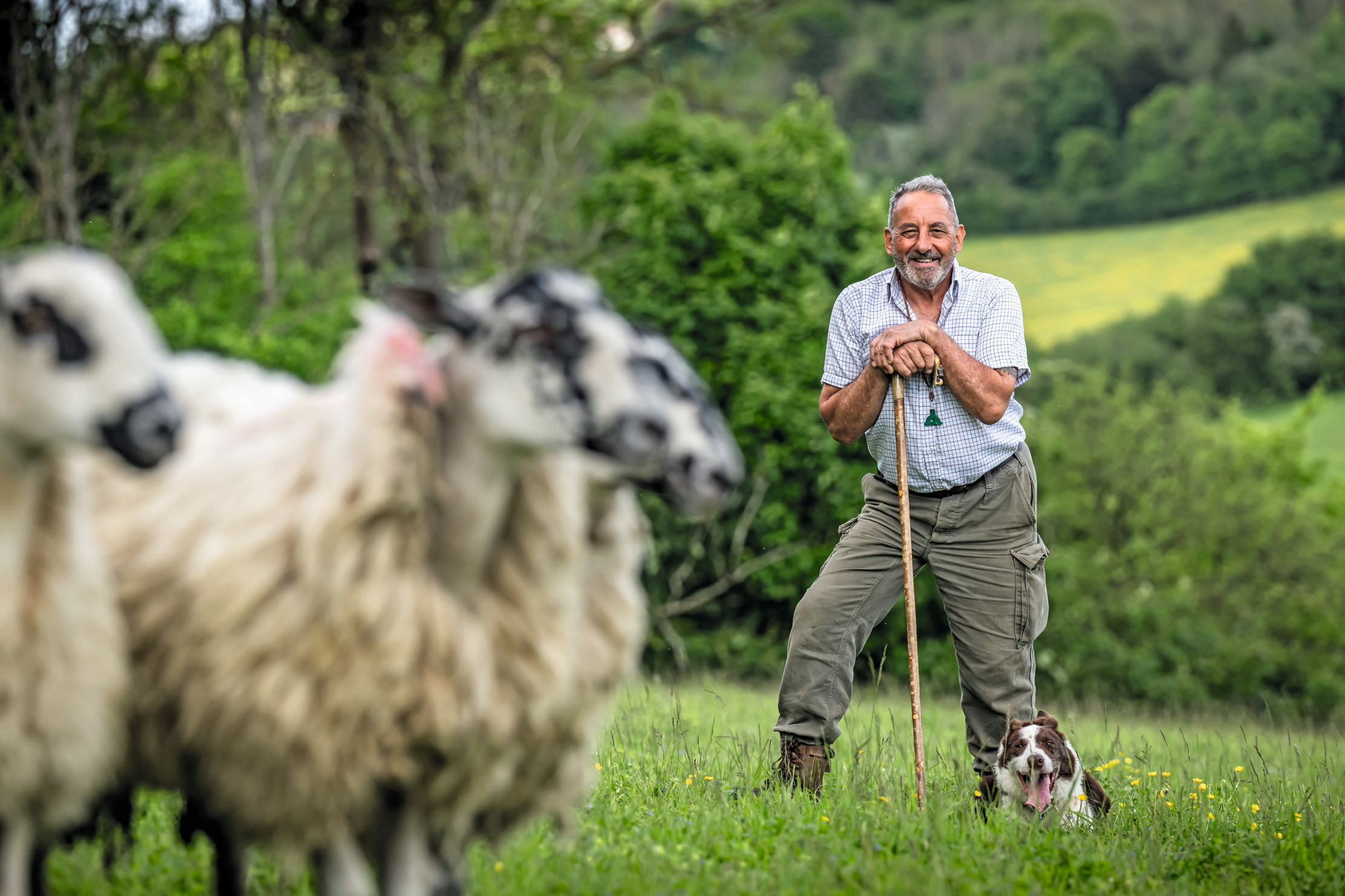
‘It’s all based on passion — love for the work, the dog and the trials,’ enthuses Meg Hutchinson, winner of the English National singles class 2023 with her collie, Katie. ‘I’ve met some of my closest friends through the trials. We’re aware that we have the huge responsibility of preserving the sheepdog for the future. Honestly, we could sit and talk dogs all day long — we joke that that’s all we do.’
The trials are a great opportunity for these hard-working dogs to show off their skills, Mrs Hutchinson points out: ‘When Katie and I won the National, I was so proud that she was getting the recognition she deserves. I work with her every day — I know how amazing and talented she is — but it made me happy for everyone else to witness that. I’m just glad I didn’t let her down as the handler.’
Given her first sheepdog at 10 years old, Mrs Hutchinson got the bug for competing when she was 13 and has been doing it ever since. ‘There’s a reason why the sheepdog hasn’t been replaced by machinery or equipment — they are not only a massive asset to our work, there’s also an indescribable bond between shepherd and dog,’ she explains. ‘It’s formed on trust and respect. When the dog is young, you’re making a lot of decisions for them, but when they’re older and trained, you learn from them, too. The love we have for these dogs and the love they give in return — that’s what makes the work so rewarding.’
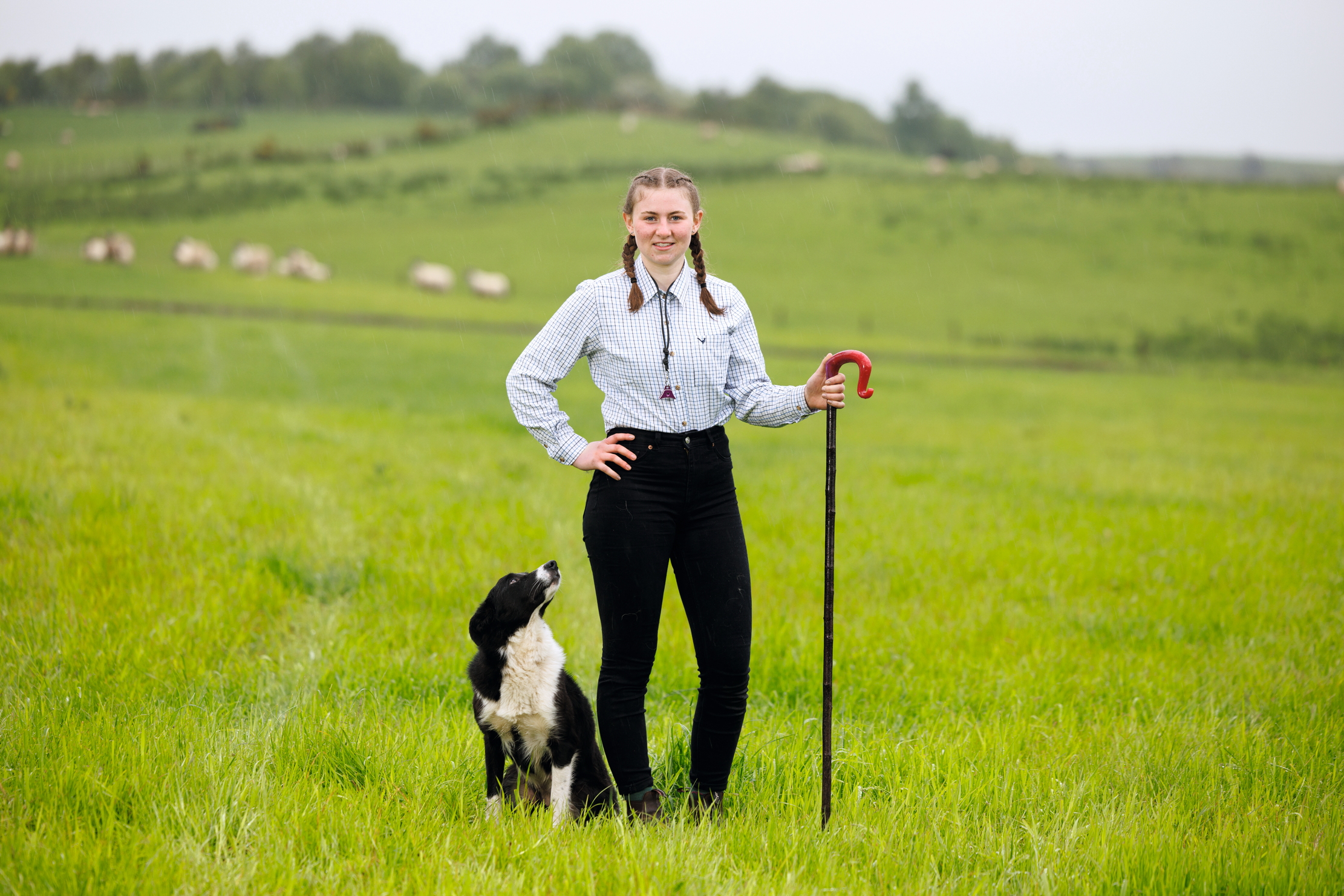
It is a pleasure to witness this bond in action at the trials, notes chairman of the ISDS Ian Fleming: ‘When you watch a gifted handler and dog work together, it really is a spectacle. The quality of the sheepdogs in the trials, especially the supreme course at the International, is outstanding. All dogs are different, but a good handler will work their dog to its advantage. All you’re doing is harnessing the dog’s instinct and utilising its wolf ancestry into controlled work. These dogs can work at a long distance — you might not be able to see them, but it doesn’t matter, the dog’s instinct is to bring the sheep back to you.’
Mr Fleming emphasises that a priority for the ISDS is supporting the next generation of handlers: ‘We were all over the moon with the quality of the young handlers at the World Sheepdog Trials last year — any of them could have run against the adults quite easily. We really enjoy seeing their passion and encouraging young handlers is a huge part of what we do as a community.’
When 17-year-old Tyler McKinlay from Lanark in Scotland was titled Young Handler World Champion 2023 with her dog Squiggle, she couldn’t have been happier. ‘I was prouder of Squiggle than of myself,’ she admits, having first started trialling aged 11. ‘Squiggle is a dream to run. We have a connection, I’ve never had such a good bond with a dog. She is natural with the work and instinctively knows the right balance — she gets close to the sheep without upsetting them.’
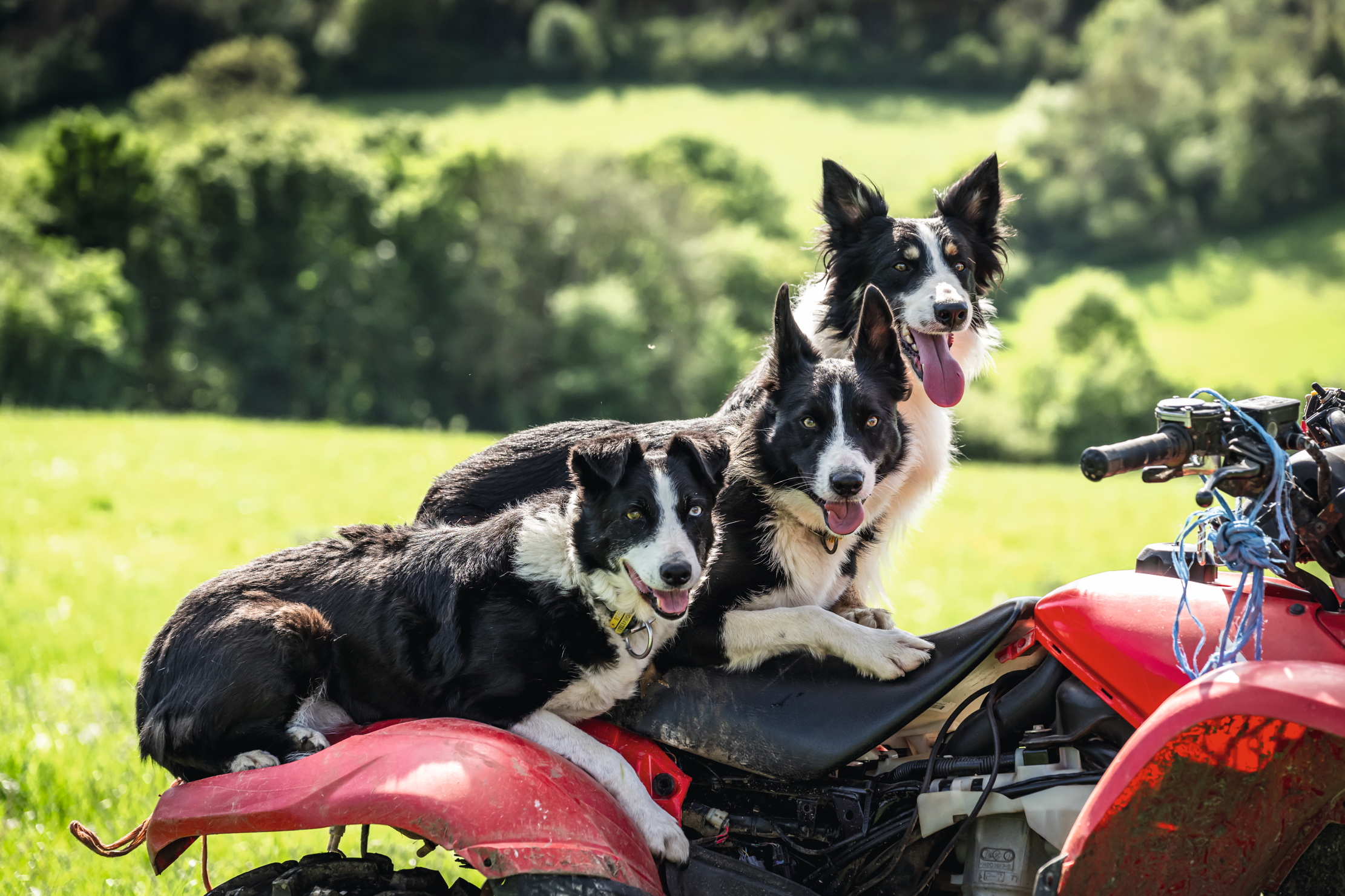
A rising star of the trialling world, it’s safe to say there’s plenty more to come from Miss McKinlay. ‘There’s still a lot I’d like to achieve with Squiggle, whether that’s winning more open trials or getting to the International one day. I’d like to try brace [when two dogs are worked together], too, in the next few years,’ she enthuses. ‘I have a litter out of Squiggle, so I’d like to see her daughter do well in trialling eventually. I love being out on the trial field, especially on a good day — and even on a bad day, I just tell myself to wing it.’
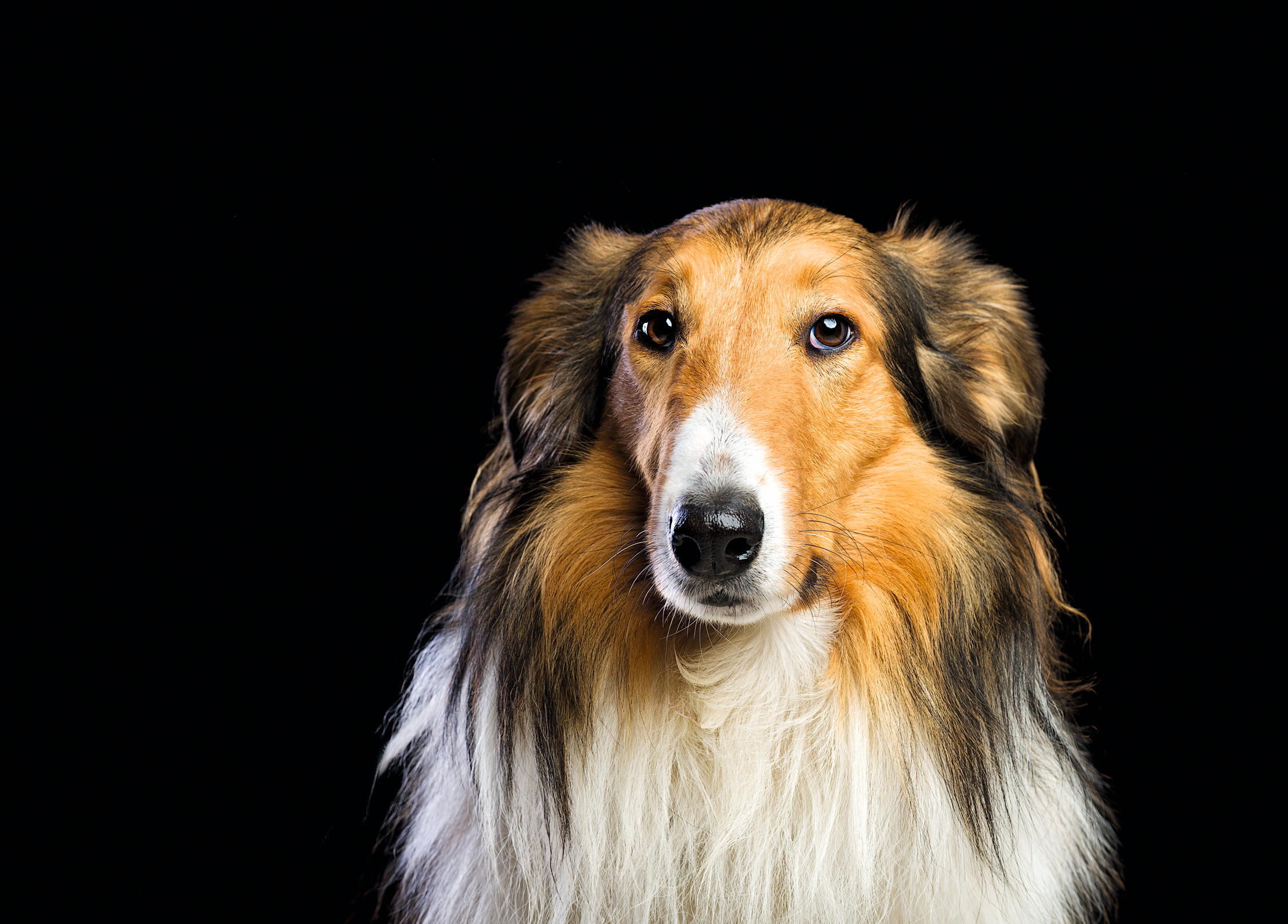
Rough collies: The dogs made famous by Lassie that are hardy, clever, agile, and 'good for the soul'
With the initiative to rescue sheep and the daring to question its master, the rough collie not only lives up
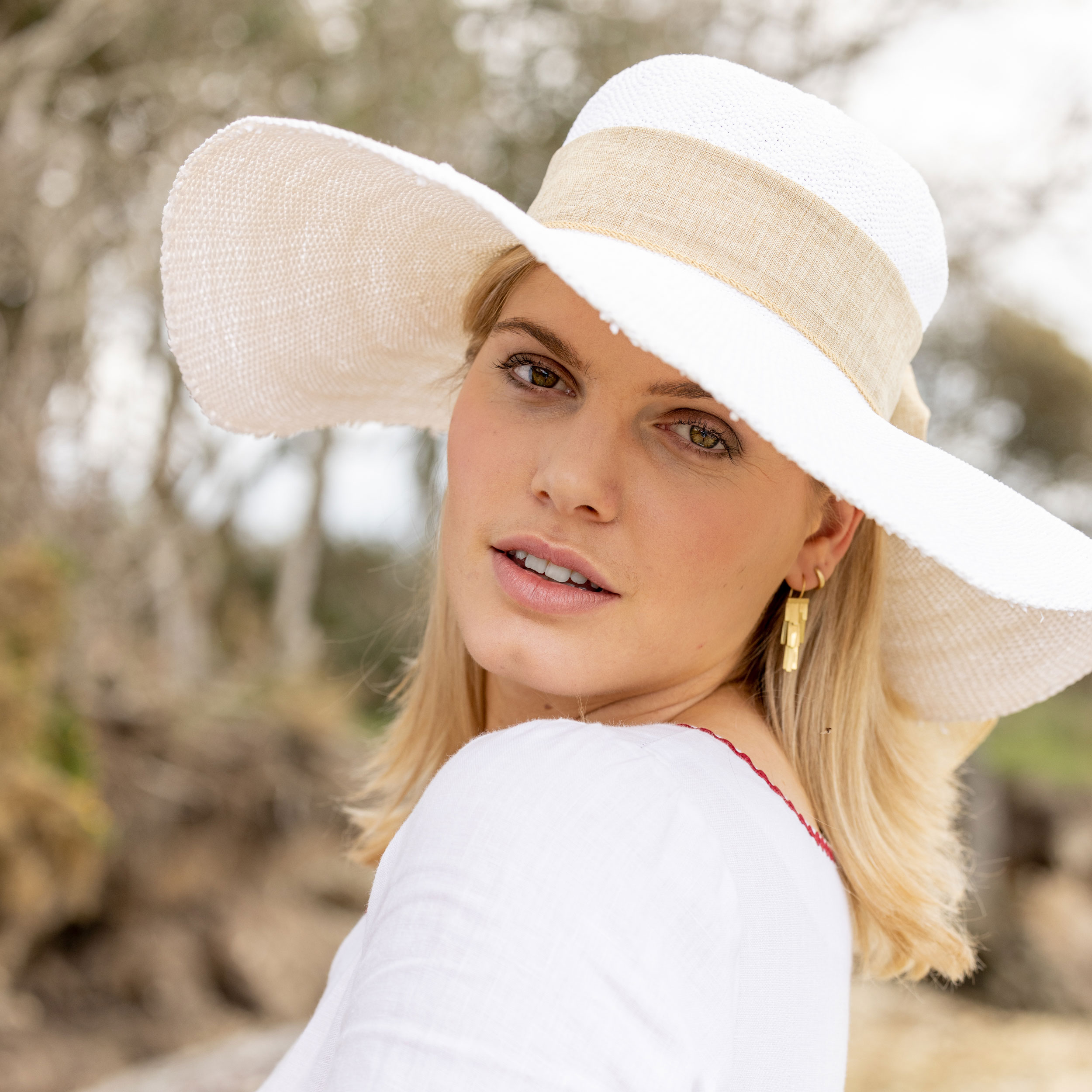
Millie Pilkington: Photographing dogs, movie stars and the Royal Family
Portrait photographer Millie Pilkington joins James Fisher on the Country Life podcast.

There are 200 chalkstreams in the world, almost all are in England, and they're the most biodiverse freshwater habitat on the planet
Chalkstreams were forged millions of years ago when Europe was largely underwater and developed into unique and complex habitats that
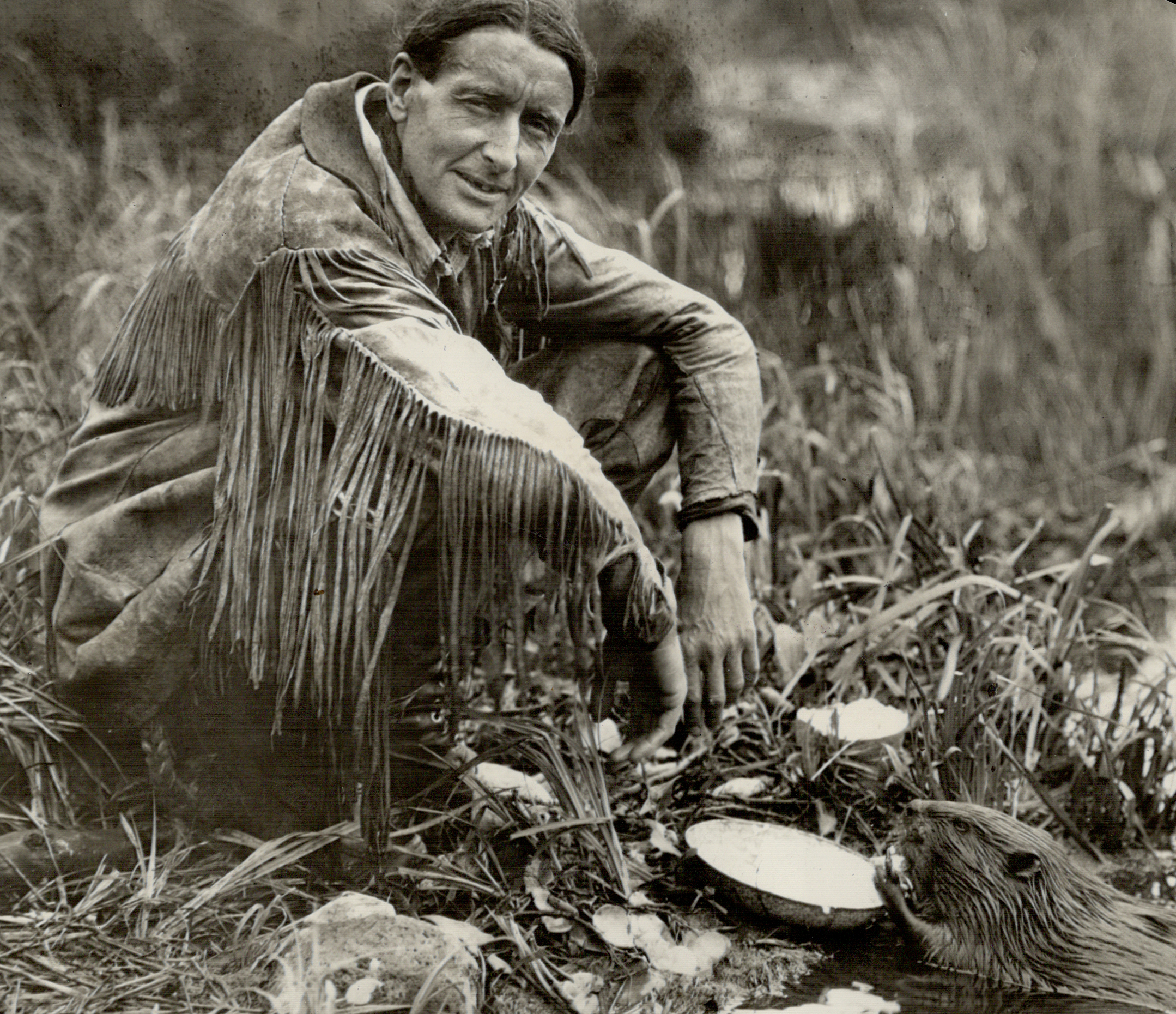
The 1930s eco-warrior who inspired David Attenborough and The Queen, only to be unmasked as a hoaxer and 'pretendian' — but his message still rings true
Martin Fone tells the astonishing story of Grey Owl, who became a household name in the 1930s with his pioneering
Katy Birchall is a journalist and the author of several young adult and teen novels, including The It Girl series and the Hotel Royale series. She has written a retelling of Jane Austen’s Emma for the Awesomely Austen series and the Netflix spin-off novel Sex Education: The Road Trip. She is also the author of several romantic comedies for adults including The Secret Bridesmaid and The Wedding Season. She writes romantic fiction for young adults under the name Ivy Bailey, romantic-comedy under the name Katrina Logan, and romantic sports fiction for adults under Katherine Reilly. She lives in London with her husband, daughter and rescue dog.
